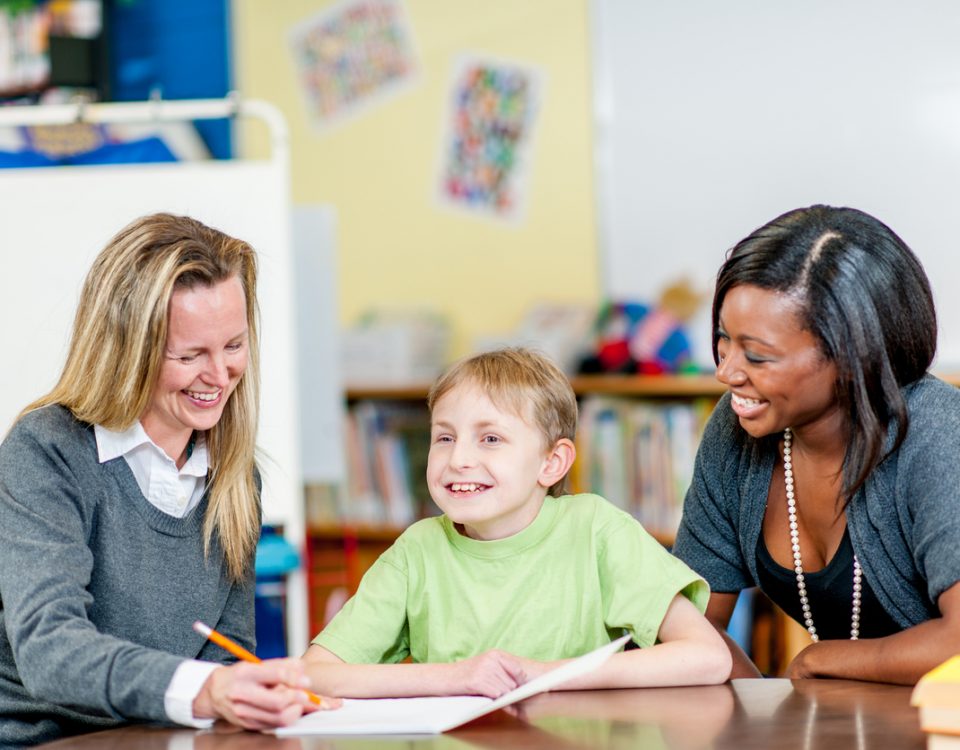Special Education Challenges to Address
Special education teachers work with a higher burnout and turnover rate than is found in most teaching professions. Three out of every four special education teachers will leave their job within ten years of starting, moving on to a new industry and trade entirely. This turnover rate results in a limited number of special education teachers and inconsistency in the direction that special needs students receive. Needless to say, there are several inherent special education challenges that these teachers must overcome.
A special education teacher may begin their career to help students with disabilities become productive students and then productive members of society outside of school. However, they face several special education challenges unique to their educational role.
Here is a closer look at some of those special education challenges.
The Idea That All Teaching is The Same and It’s Easy
Teaching is already a uniquely difficult job to do. It inherently comes with a set of huge hurdles and responsibilities. But for special education teachers, these challenges are expanded into unique territory, especially since they have to work with students who come with a set of needs that can vary from one child to the next. The students’ various disabilities they work with only multiplies their job’s difficulty and intensifies the challenges of teaching students.
Lack of Support & Funding
At a time when many school districts are experiencing high levels of growth mixed with remote learning due to the pandemic, special education teachers are being asked to do more with less. Salaries have dropped in many districts across the country, and administrations provide very little technical assistance.
What’s more, special education programs and teachers face increasing enrollment and decreasing budgets. The result here is that fewer teachers’ assistants are available to work with teachers, which results in a more significant workload and more responsibility for the sole special education teacher. They may also face shortages of essential educational resources and equipment for delivering adequate lessons and support for students.
Behavioral Problems
Another common challenge for special education teachers is dealing with students’ various unique behaviors. Many students with disabilities, be they physical, mental, or learning, get frustrated with school. Whether it is not understanding the material in front of them or dealing with emotions they have trouble controlling, every student has their own set of challenges that teachers need to work around.
Taking the time to learn about the students’ disability and figuring out ways for them to cope can help them control their behavior and frustrations. Also, a reward system for positive behavior can help as a deterrent instead of punishing them for bad behavior. Bad behavior does need attention, yes, but steering the students towards better behavior with incentives helps motivate them to act more appropriately in class and focus on getting better in their studies.
Teaching special education can feel like an overly challenging task. However, understanding these challenges and overcoming them will help to focus on helping students achieve their educational goals, making their efforts worthwhile.
About PGUI
Professional Governmental Underwriters, Inc., is a full-service risk management company dedicated to assisting public, educational and non-profit entities in the management of their professional liability exposures including educators liability insurance. We are dedicated to providing state-of-the-art professional underwriting management and loss control advisory services on behalf of our designated carriers. For more information, call us toll-free at (800) 586-6502.




